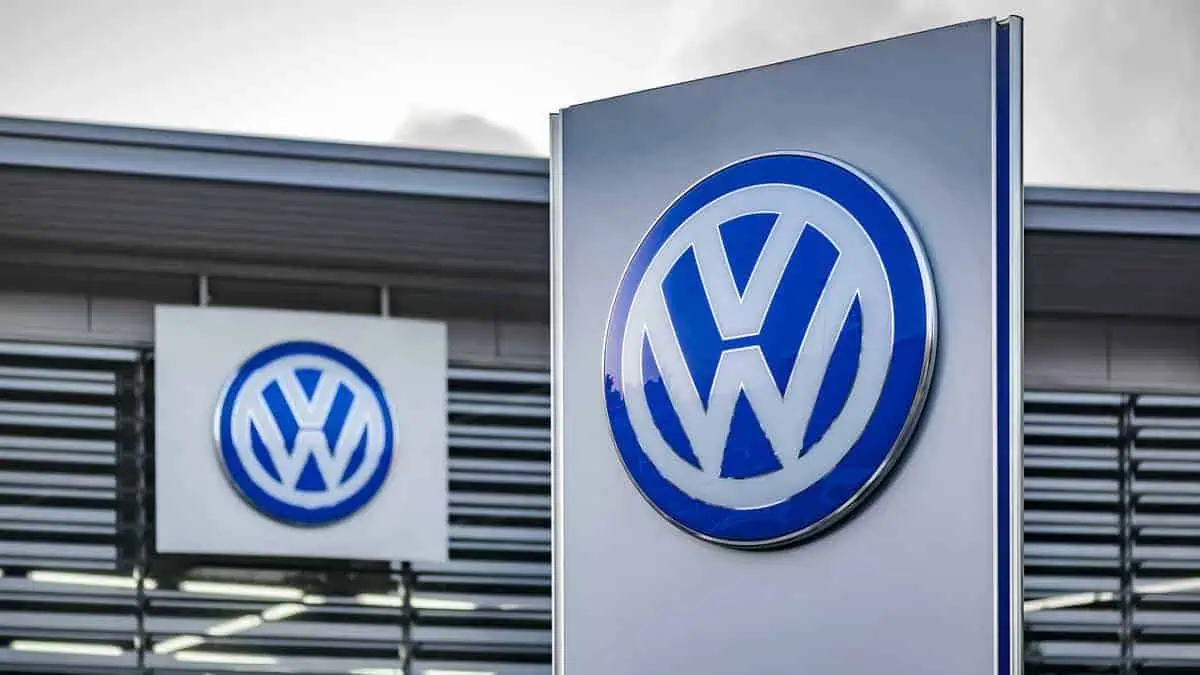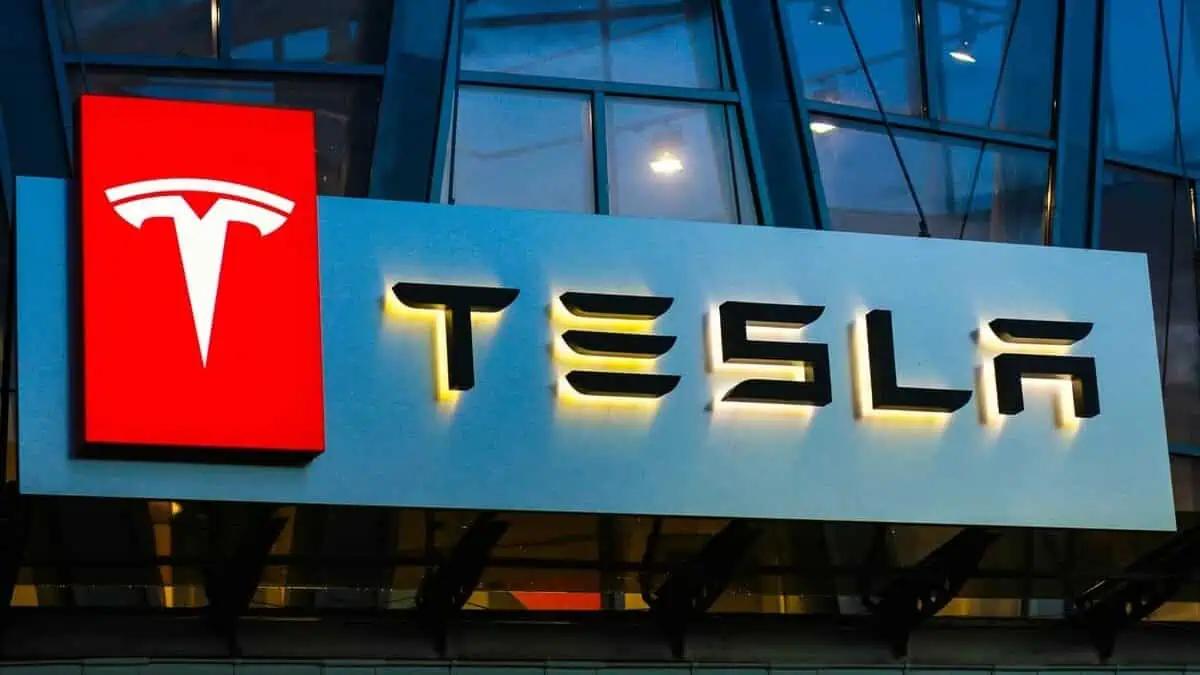A new weekly production record of 7,100 BEVs was just reached by Volkswagen‘s largest all-electric vehicle plant in Zwickau, Germany, from November 7 to 11.
Maximum capacity was already reached
InsideEVs estimates that this figure equates to 1,400 units per workday. Furthermore, the Zwickau plant could assemble up to 350,000 electric vehicles at this pace, considering there would be about 50 weeks per year.
Therefore, the projected maximum output of 330,000 units per year was already attained.
Managing Director of Technology and Logistics at Volkswagen Saxony, Robert Janssen, stated:
“This is a very good achievement of the entire team and a unique record because, before the transformation, such high numbers were not even technically possible. The continuous work on our processes is paying off.”
Overcoming supply bottlenecks
This record number of production proves that Volkswagen was able to overcome constraints, especially in light of what occurred in Europe this year and how limited the parts supply has been.
Thomas Schäfer, brand manager for VW, said:
“This is also a real challenge due to the current supply bottlenecks. My thanks therefore go to my colleagues, who are impressively demonstrating how we are continuing to drive forward the transformation at Volkswagen with speed and high quality.”
Notably, six MEB-based versions are produced at the Zwickau plant:
- two hatchbacks: Volkswagen ID.3 and Cupra Born
- two crossover/SUVs: Volkswagen ID.4 and Audi Q4 e-tron
- two crossover/SUVs (coupe style): Volkswagen ID.5 and Audi Q4 Sportback e-tron
Parts relevant to electric vehicle production are critical for Volkswagen. Chairman of the General Works Council of Volkswagen Saxony Jens Rothe explained:
“The production record shows: If the supply situation allows it, the workforce can deliver. The demand for our products is unbroken, and we want to continue to drive forward the Group’s electric targets.”
By 2026, Volkswagen plans to release ten new electric vehicles. Additionally, VW aims to be 100% electric in Europe starting next year. It implies that the automaker will solely produce battery-electric vehicles in Europe in around ten years.






